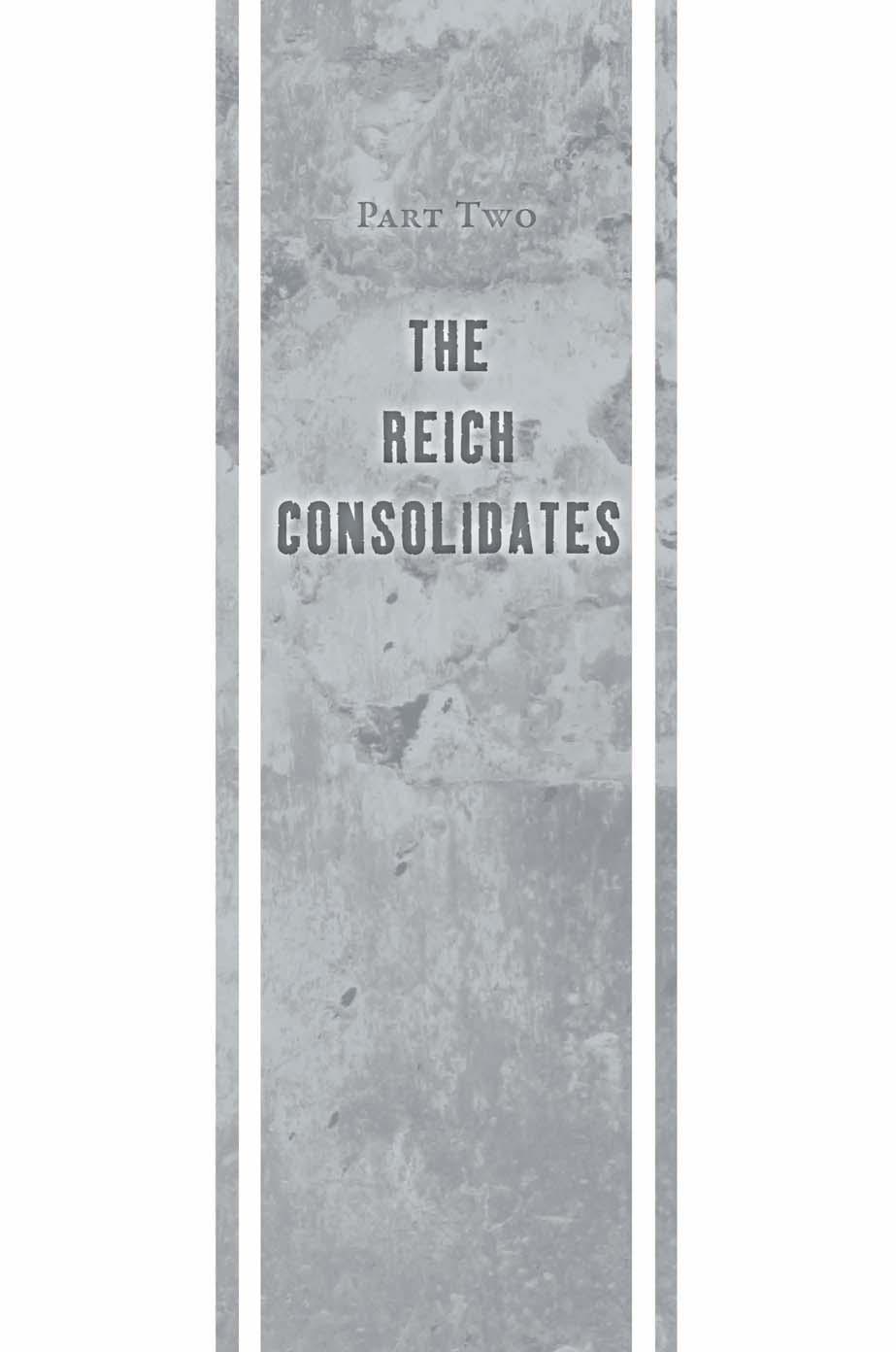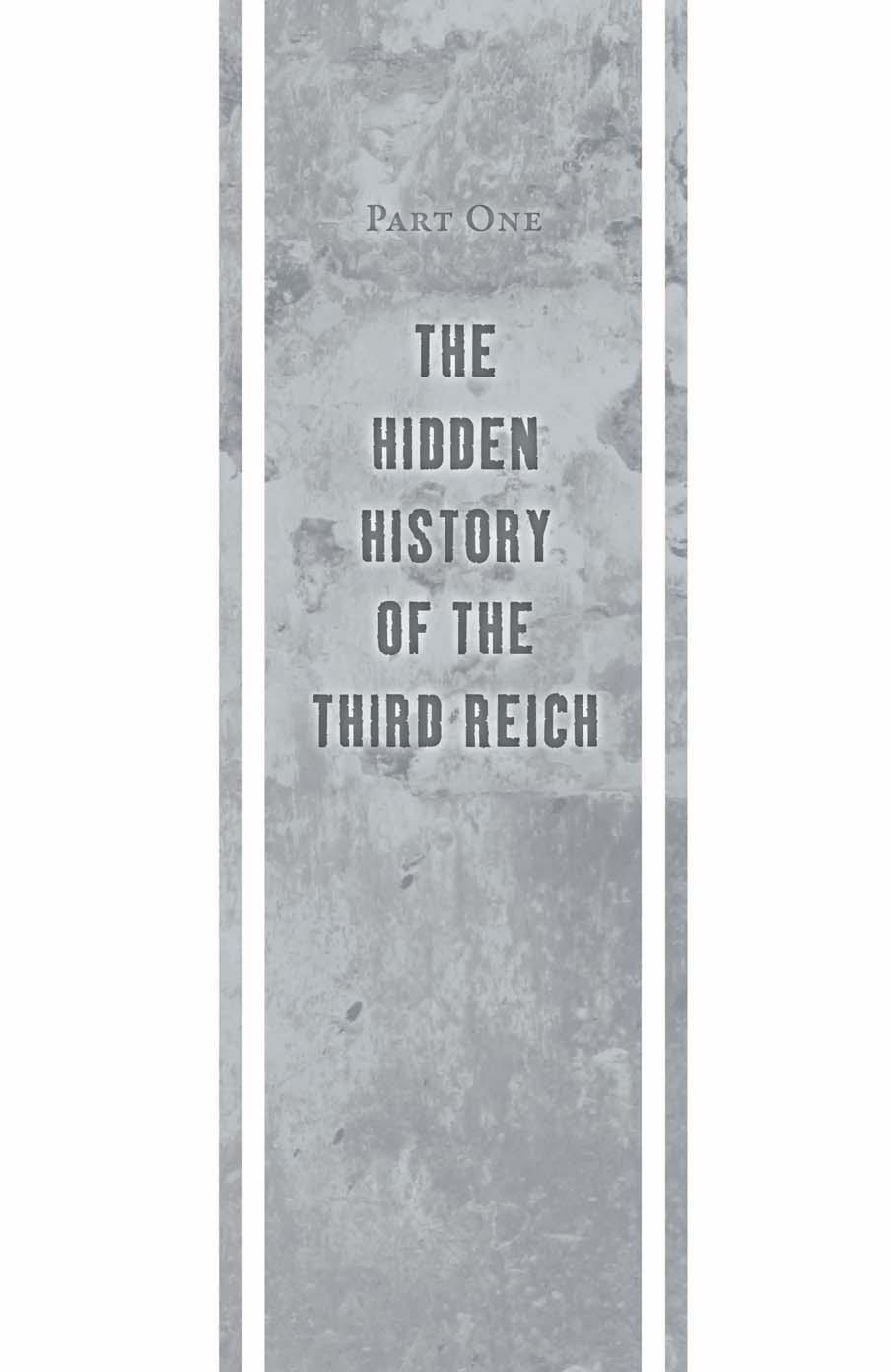C HAPTER 9
BUSINESS AS USUAL
WI T H T H E U. S . MI L ITA RY-I N DUS T R I A L COMPLE X PE NET R AT ED BY unrepentant Nazis and their ideology, the globalists’ attention to business and politics remained unabated. In the war’s aftermath, some of the same personalities who helped place Hitler in power came back into play. John J. McCloy, wartime assistant secretary of war, close friend to Deutsche Bank chairman Dr. Hermann Josef Abs, and attorney for I. G. Farben, was appointed America’s high commissioner in Germany. As such, he pardoned more than seventy thou sand Nazis accused of war crimes. One example of McCloy’s magna nimity came after forty-three SS officers, including their leader, Obersturmbannfuehrer Joachim Peiper, were condemned to death in 1946 for the massacre of more than a one hundred American prisoners near Malmedy, Belgium, during the Battle of the Bulge. As historian William L. Shirer wrote in The Rise and Fall of the Third Reich, “In March 1948, 39 of the death sentences were commuted; in April, General Lucius D. Clay reduced the death sentences from 121 to six; and in January 1951, under a general amnesty, John J. McCloy, the American high commissioner, com muted all the remaining death sentences to life imprisonment. At the time of writing [1959], all have been released.” Once again, hidden from public scrutiny, high U.S. officials had moved to free convicted Nazis.




